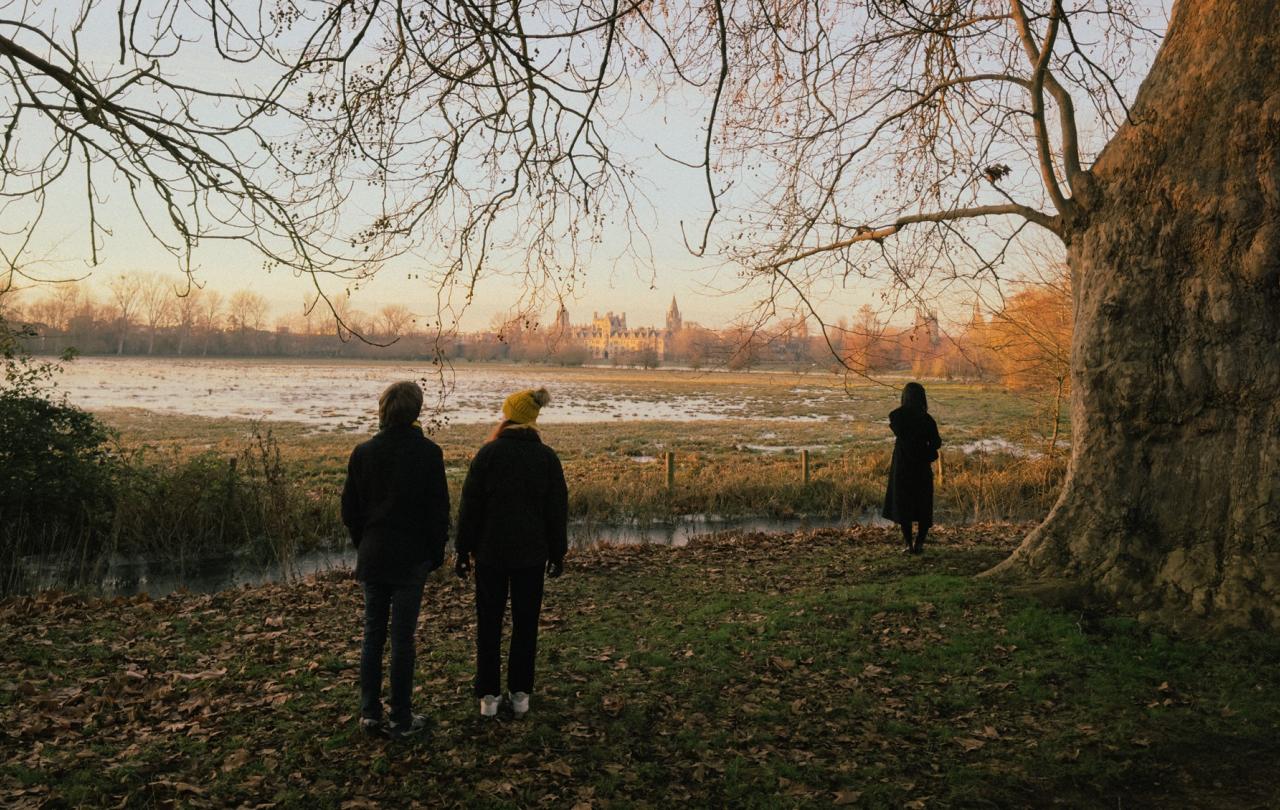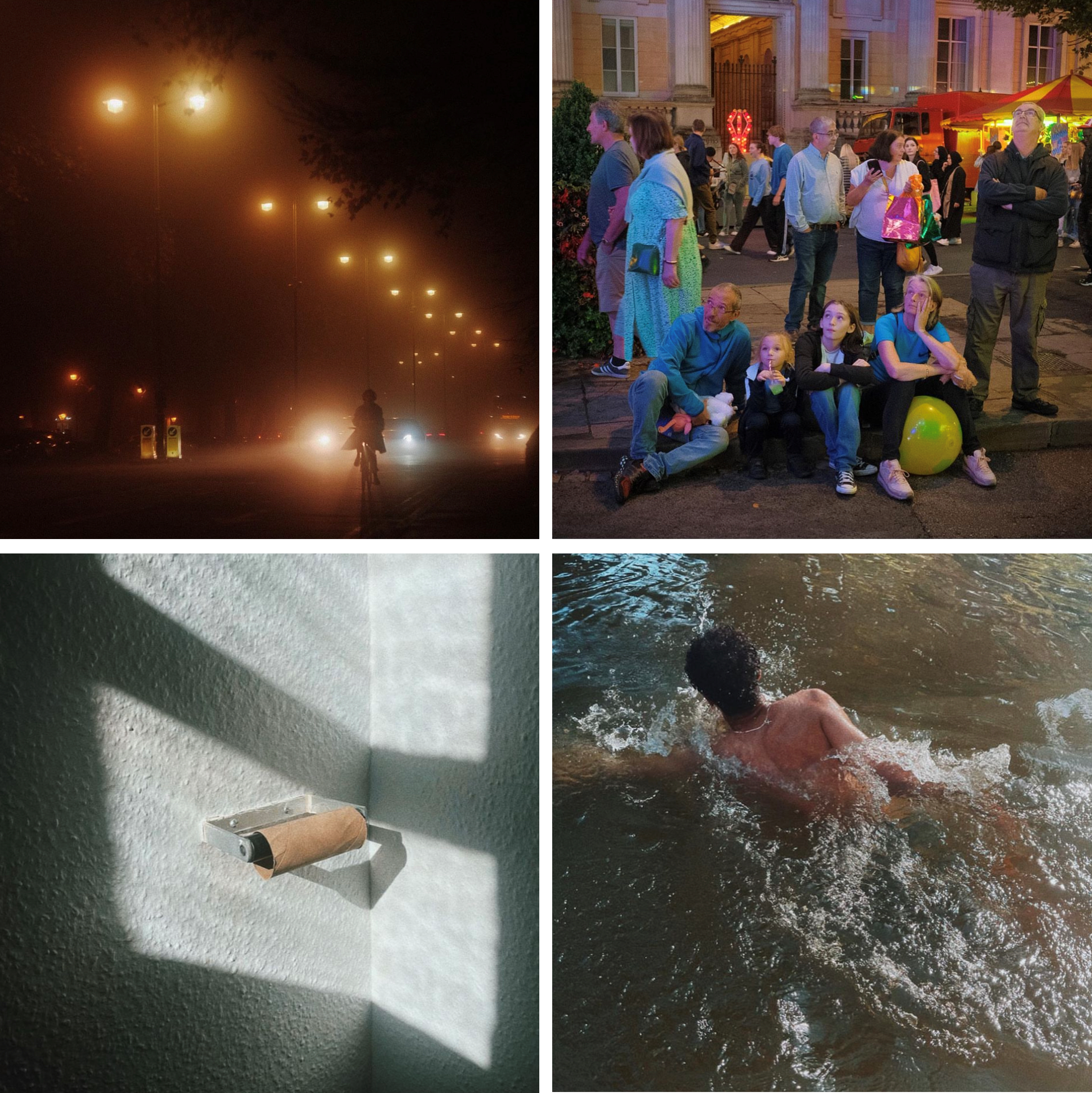
This weekend (16th September) marked the first anniversary of the death of Mahsa Amini. Mahsa, also known as ‘Jina’, was a 22-year-old Iranian woman who was arrested by the Iranian ‘morality police’ and tragically died while being held in police custody. Her (alleged) crime was a violation of Iran’s strict dress code, as she was caught in the city of Tehran without her hair adequately covered.
News of Mahsa’s unjust arrest and harrowing death quickly spread throughout the world, building a momentum of grief, shock, and defiance.
Of course, we mourned the tragic loss of a precious life. A woman was lost; a daughter, a sister, a friend, a person. Mahsa’s life was taken away and we watched the world grieve as if she belonged to us all. Billions of hearts were breaking at the loss. However, accompanying such deep grief was a profound sense of rage. We were faced with the reality that women in Iran aren’t safe. On the contrary, they are in danger of arrest, violence and death – all at the hands of those who are supposed to protect, all under the guise of that which is meant to empower. In Iran, as in so many countries, a woman is simply a dangerous thing to be.
Another people group who find themselves living in continual danger in Iran is its Christian population. In a population of 86 million, 1.2 million are believed to be Christians. With Christianity perceived as a threat to the State and an insult to Islam, Christians in Iran are often severely discriminated against. What’s more, the Human Rights charity, Open Doors, have observed that the tightening of the Penal Code in 2021, the force of which was keenly felt in the way in which protestors of Mahsa Amini’s death were so harshly dealt with, are making things increasingly difficult for Christians.
So, to be an Iranian woman is hazardous. To be an Iranian Christin is hazardous. It therefore goes without saying that to be an Iranian woman who is also a Christian – well, such an identity comes with such difficulty, it can be hard to fathom. For such women, home and danger are often synonymous. Which is why the stories of Miriam and Stella, two Iranian women who are secretly translating the Bible into their own languages, is so astonishing.
‘Miriam’
Miriam is Iranian, but she also belongs to the fifty per-cent of the Iranian population who do not speak Farsi/Persian (the national language) as their first language. Azeri, Kurdish, Baluchi, Armenian Gilaki, Luri, and Arabic are all spoken throughout the country. Therefore, despite Farsi being the official language of Iran, almost half of the population aren’t fluent, while millions of Iranians are visually illiterate in the Farsi script.
Miram, who despite it not being her first language, has learnt to speak and read Farsi to a high level, became a Christian through secretly watching online classes on Christianity. Being married into a strict Muslim family, Miriam kept her Christianity a secret from her husband. That was, until he walked in on her watching one of her classes. Despite the immense dangers she faces as a result of the minimal rights that a Christian woman holds in Iran, Miriam decided that she would be honest with her husband about her new-found Christian faith. Miriam still marvels at the unexpected response from her husband, who said,
‘I know you are a serious-minded woman and if this is important to you, it’s OK.’
Out of curiosity, Miriam’s husband joined her in watching the online classes, until he too became a Christian.
For the past three years Miriam has been secretly working on translating the Bible from Farsi into her ‘heart-language’ (for the sake of Miriam’s anonymity, she has kept her ‘heart-language’ confidential). She tells us that she is willing to take the profound risk of doing this work because,
‘We are not allowed to study our heart languages in Iranian public schools. This is a limitation for our people. Iranian leaders use my people as political tools. I wanted to do something good for my people. I have this language specialty and experience, this expertise, so I can help my own people. People like my mother can read this book.’
Being the first person from her community to do such work, Miriam states that,
‘Despite having two children and knowing that my life is at risk for believing in Jesus in Iran, I cannot even imagine leaving this work unfinished. I must complete this work and see the result.’
'Stella'

'Stella'
Stella is also Iranian, and also speaks a ‘heart-language’, one that is shared with even fewer people than Miriam’s.
After tragically losing her husband in 2013, Stella had to battle her late husband’s family to keep custody of her then seven-year-old son. As the battle continued to rage on, Stella fled Iran with her son, leaving behind her entire life in order to keep hold of her child. As a refugee, Stella’s life is not without its ever-present difficulties as she is continually fighting to stay in the country that she and her son have now called home for ten years.
Stella became a Christian twelve years ago, while she was in the middle of the fierce battle to keep hold of her son while mourning the loss of her husband. As sorrow and desperation raged around her, Stella simply knelt on her floor and spoke into the silence ‘if you are God, save me’. She has been a Christian ever since.
Just like Miriam, Stella is secretly working to translate the Bible from Farsi into the language of her community. With tears in her eyes, she says,
‘There is no other job that your boss is God. I love my mother language. I'm telling the poetry; I write the context. I write the sentence, I record it… I am thinking about my mum, my father, my childhood. And everyone that doesn’t have it (the Bible) right now. I really want to bring God to my town and my people.’
Stella can’t return home, but she is nevertheless determined to work for the spiritual well-being of those whom she was forced to leave, regardless of the immense risk.
The heart language that both Miriam and Stella speak of, and are translating the Bible into, is the vernacular that binds their communities together in their home country of Iran. But to me, hearing these stories; the term that Miriam coined feels loaded with depth of multifaceted meaning.
The language with which they speak of their faith is unfused with resilient hope and faith-fueled boldness.
Their words when they speak of their home are dripping with resilient affection, obvious frustration and forgiveness.
The way in which they speak of themselves, and their dangerous task, is undeniably defiant and astonishingly selfless.






